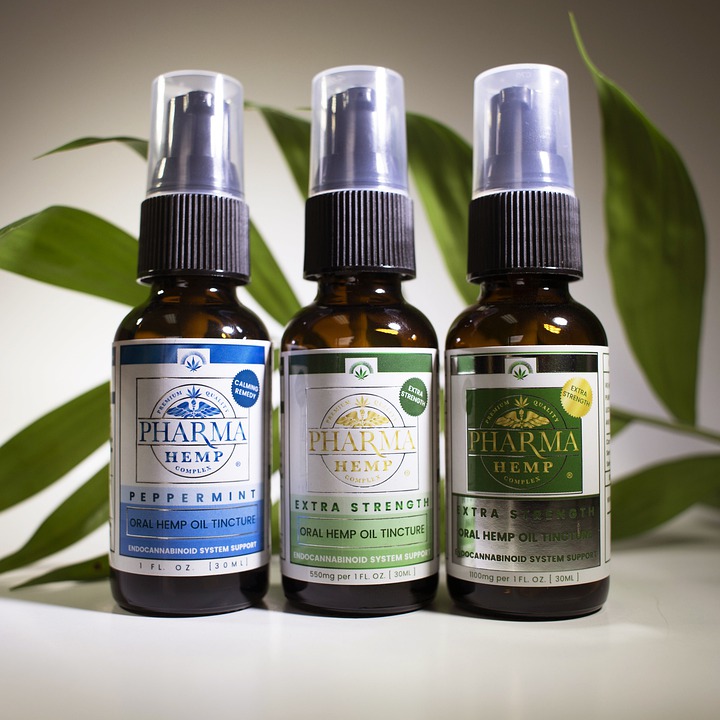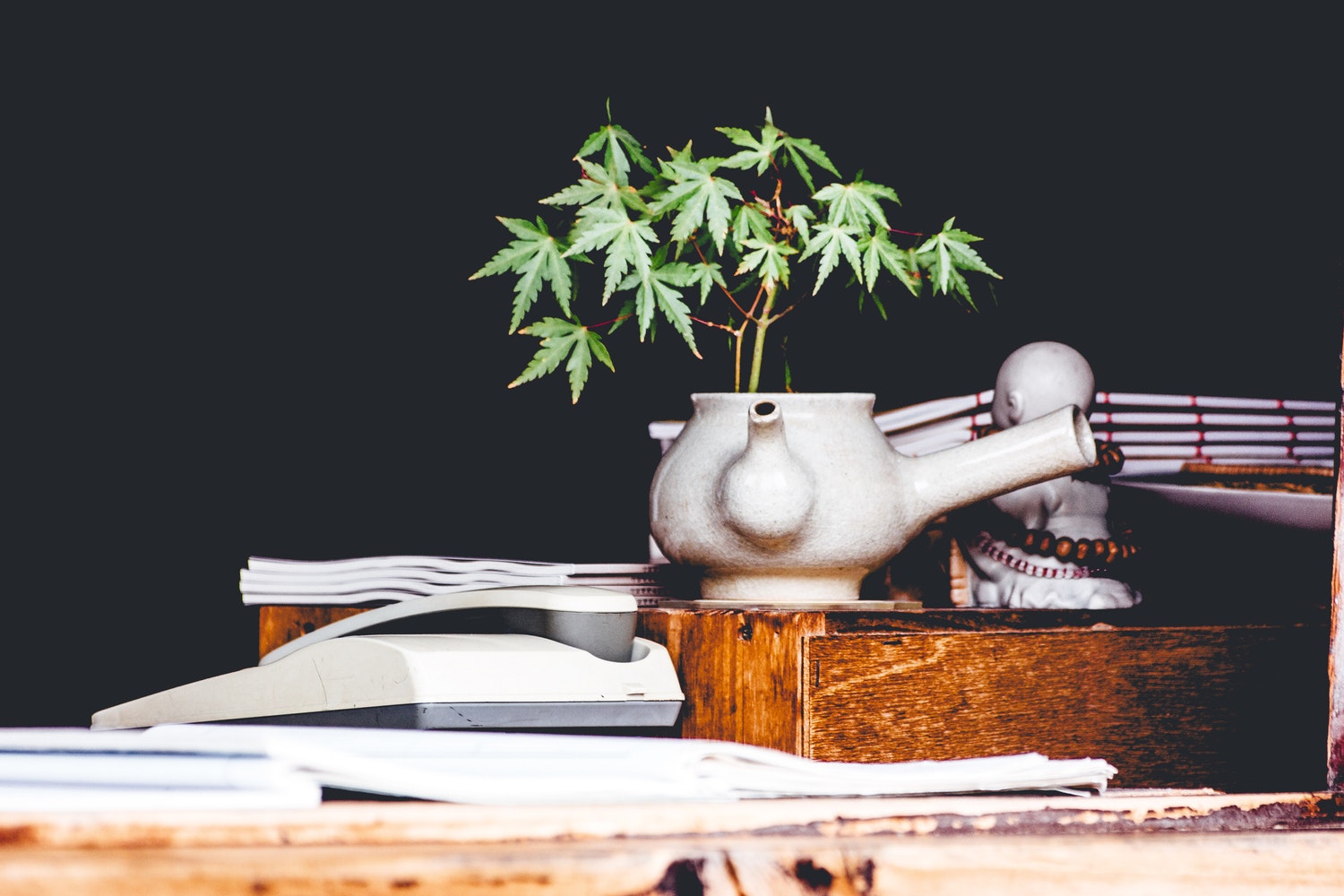On December 4, 2018, the United States revolutionized the cannabis industry. A new law on agriculture signed by Donald Trump has legalized federal production of hemp that has a concentration of tetrahydrocannabinol (THC) not exceeding 0.3%.
The cannabis industry was quick to break into the gap by finding the ideal product: cannabidiol (CBD), a hemp molecule that does not have the psychoactive properties of THC and is also therapeutic.
Green Gold Rush
Across the Atlantic, CBD is now everywhere. Cosmetics, sweets, bath salts, chocolate, beer, dog products, among others. Just about every consumer goods you can think of exist in a CBD-infused version. The sudden and massive growth of the sector is even compared to a new gold rush.
The industry is already worth a billion dollars. According to some analysts, it could reach $24 billion (21.6 billion euros) by 2023, thanks to the arrival of mainstream players in the market. CVS and Walgreen, the two largest pharmacy chains in the country, have already taken the plunge.
Miracle product
The message is simple: CBD is a miracle product that has been unfairly banned for too long. And now that this green gold is legal, everyone can enjoy its benefits.
To spread their good word, producers are pushing the map of standardization, opening stores in shopping centers and moving away from the traditional image of the weed- dealers violent and teens.
The site of Curaleaf, one of the leaders of the sector, could be that of any cosmetics brand. Clean design, clear tones, the company wants to show that it is a mark of wellness like the others.
The CBD industry’s strong argument remains its effect on health, for which advertisers do not have words strong enough to boast about it. From headaches to cancer to menstrual pain, insomnia and epilepsy, the virtues of CBD are boundless.

Dr. Doxey’s CBD
To listen to them, CBD is therefore not only a perfectly legal product, but also beneficial in every respect. However, these statements are at best questionable. The FDA, the federal agency responsible for authorizing or not allowing the marketing of food and medicine, nuances strongly.
On July 17, the FDA called for mistrust and clarified that while the CBD was not strictly speaking illegal, among the thousands of products on the market, it had only officially approved one, a drug against a rare and severe form of epilepsy.
Despite its proven beneficial effects, CBD could cause unfortunate side effects, for example on the liver. FDA research on this topic is ongoing but requires lengthy and painstaking testing, far from complete.
In the meantime, thousands of products are breaking into the market. The agency, which can not test them all, is pursuing a laissez-faire policy while forcing companies to stop promising anything.
The sellers of the product are regularly accused of inflating the merits of the molecule. They are even compared to the charlatans who roamed the Far West in a carriage to fetch false miracle elixirs.
Neither fully legal nor safe
It is true that in the midst of the avalanche of products, many of them contain a THC level higher than the maximum allowed, display amounts of CBD or contain deceptive products. Others, such as CBD-infused food, are completely illegal and yet widely available.
In March 2019, Elavon Inc. , a large credit card transaction processing unit, cut corners with companies that market the molecule . However, Elavon managed 90% of online CBD merchants.
It was justified in stating that “given the speed with which the federal regulatory framework is evolving, it is extremely difficult to validate the qualifications required to operate in this industry” .
In other words, contrary to what she would have us believe, the CBD industry is not entirely legal, nor standardized, nor safe. However, what is very real is that it weighs a billion dollars and seems determined to continue its momentum.
—
This article was translated and adapted from the original, which was previously published in Korii. In case of a discrepancy, the original will prevail.
While reasonable efforts are made to provide accurate translations, some portions may be incorrect. No liability is assumed by Hemp.im for any errors, omissions, or ambiguities in the translations provided on this website. Any person or entity that relies on translated content does so at their own risk. Hemp.im shall not be held responsible for any losses caused by such reliance on the accuracy or reliability of the translated information. If you would like to report a translation error or inaccuracy, we encourage you to please contact us.



